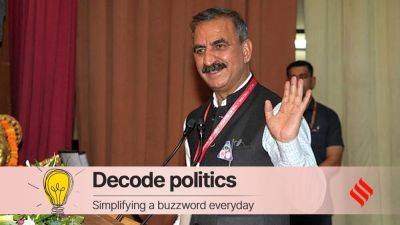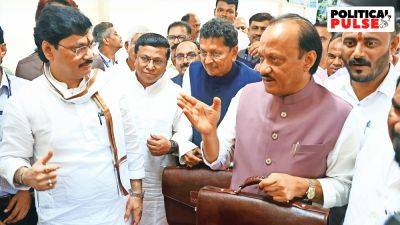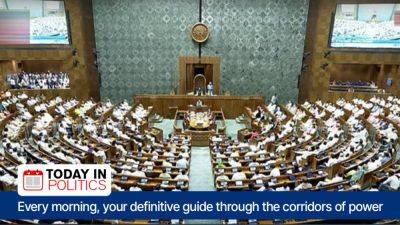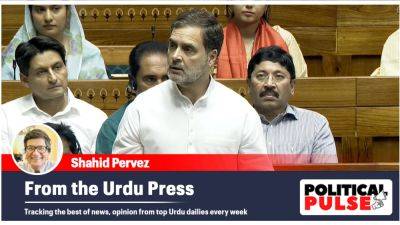As Yogi govt brings stringent Ordinance to curb paper leaks, a look at similar UP laws from 1990s
The Yogi Adityanath-led Uttar Pradesh Cabinet has cleared an Ordinance proposing tough provisions to curb paper leaks and other such irregularities in public examinations in the state.
The Ordinance is said to have been brought especially in light of paper leaks in examinations for the recruitment of police constables and review officer/assistant review officer (RO/ARO) in UP this year. The BJP-led government had to cancel both examinations.
Before that, there already existed since 1998 a UP law against paper leaks and use of unfair means in examinations, called ‘The Uttar Pradesh Public Examinations (Prevention of Unfair Means) Act, 1998’, brought by the then BJP government led by Kalyan Singh. Since then, this Act has been invoked in cases related to paper leaks and other such offences involving recruitments and examinations.
Under the 1998 Act, an examinee caught using unfair means in any public examination would be punishable with imprisonment for a term of up to three months, a fine of up to Rs 2,000, or both.
The offense was classified as cognisable and bailable. Moreover, anyone who contravened, attempted to contravene, or abetted the contravention of its provisions — such as unauthorised possession and disclosure of question papers, leakage of information by persons entrusted with examination work, entry of unauthorised persons at examination centres, assistance to examinees by staff of institutions conducting the examinations, and using places other than designated examination centres for public examinations — would be punishable with imprisonment for a term that could extend up to a year or with a fine, which could extend up to Rs 5,000, or both, with these offences being classified as cognisable and non-bailable.







